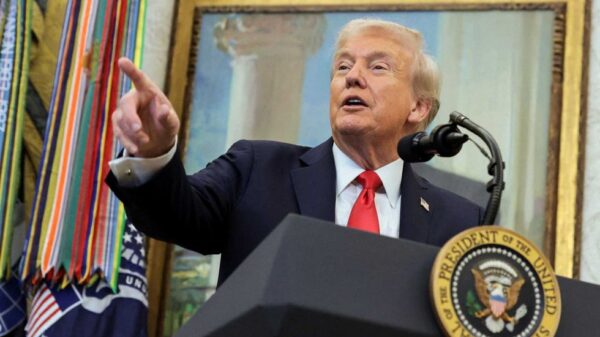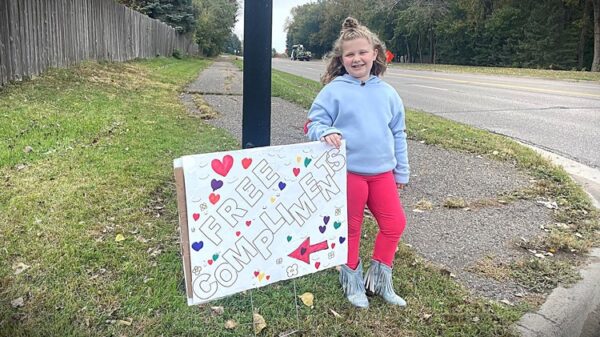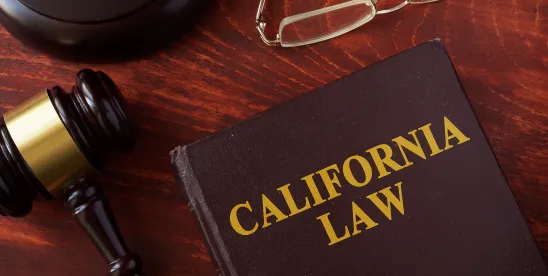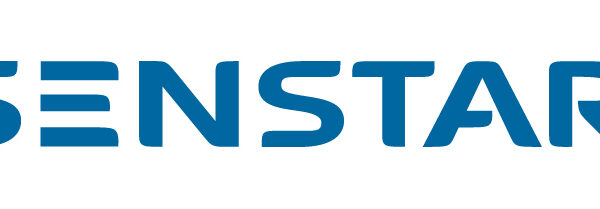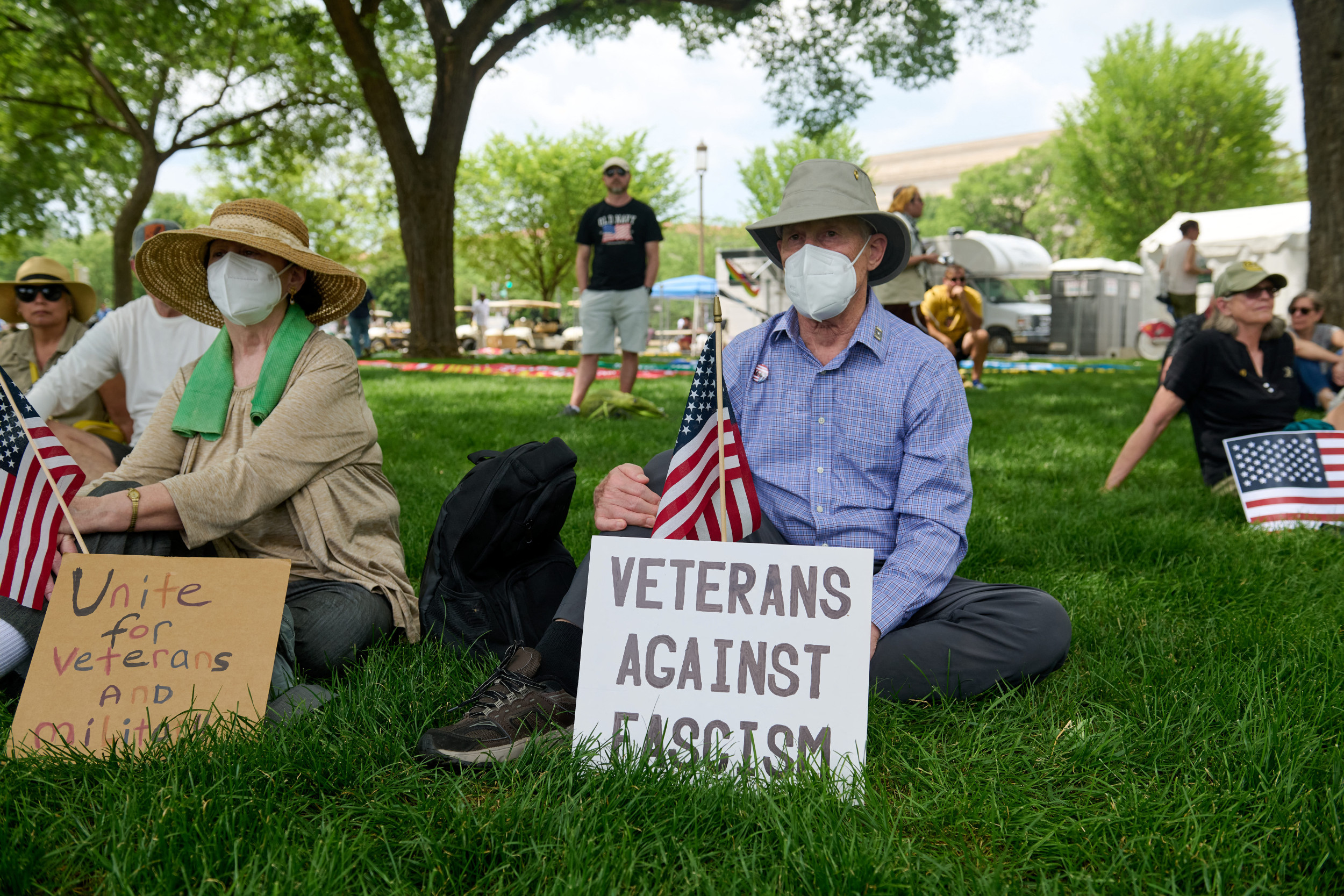BREAKING: President Donald Trump has just declared Antifa a “major terrorist organization,” a move expected to have immediate repercussions across the United States. This announcement was made via his platform, Truth Social, where he labeled Antifa as a “sick, dangerous, radical left disaster.”
In his post, Trump issued a stern warning: “I will also be strongly recommending that those funding Antifa be thoroughly investigated in accordance with the highest legal standards and practices.” This declaration signals a significant escalation in the administration’s approach to groups opposing its policies, emphasizing a crackdown on perceived threats to national security.
The term “Antifa” stands for “anti-fascists,” describing a loosely affiliated movement that has gained attention for its opposition to far-right ideologies and racism. Trump’s designation aims to rally his supporters, whom he refers to as U.S.A. Patriots, as he continues to frame the group as a major threat to American values.
The political landscape could shift dramatically as state and federal authorities explore investigations into funding sources for Antifa. This new directive adds to existing tensions in a polarized nation and raises concerns over civil liberties and free speech for activists opposing government policies.
On June 3, an anti-fascist veteran was photographed at the Unite For Veterans rally on the National Mall in Washington, D.C., reflecting the active presence of individuals involved in the movement. As Trump’s announcement unfolds, it is likely to ignite fierce debates across the country, potentially leading to protests and counter-protests.
What happens next? Experts suggest that the implications of this designation could lead to increased surveillance and legal action against those associated with or funding Antifa. Activists and civil rights groups are already voicing concerns over potential infringements on their rights, emphasizing the importance of protecting free speech.
Stay tuned for updates as this developing story continues to unfold. The repercussions of this decision are likely to resonate across the political spectrum, impacting not just activists but also everyday citizens concerned about the ramifications of labeling a political movement as a terrorist entity.
This urgent update raises critical questions about the future of political dissent in America and the administration’s commitment to addressing perceived threats. As reactions pour in from across the political landscape, the situation remains fluid and highly charged.





